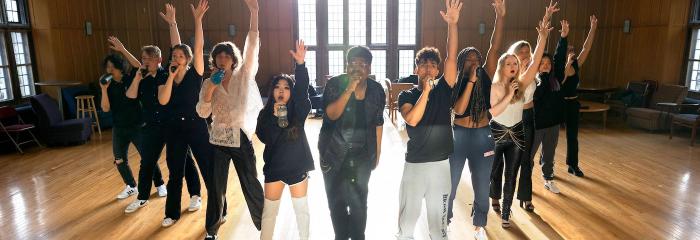
Extracurricular Activities
There are many opportunities outside the classroom for materials science and engineering students to pursue, both related and unrelated to materials science. We encourage you to explore what the department, college, and university have to offer. Below are a few of the most common extracurricular activities that undergraduates participate in.
Cornell Materials Society

The Cornell Materials Society (CMS) is the organization that represents the interests of undergraduate students in the Department of Materials Science and Engineering. The mission of the group is to expand the resources and experiences available to students during their collegiate experience. They work to foster relationships between department faculty, students, alumni, and industry members to expose students to cutting-edge materials research, professional development, and social events, among other activities.
Student Project Teams
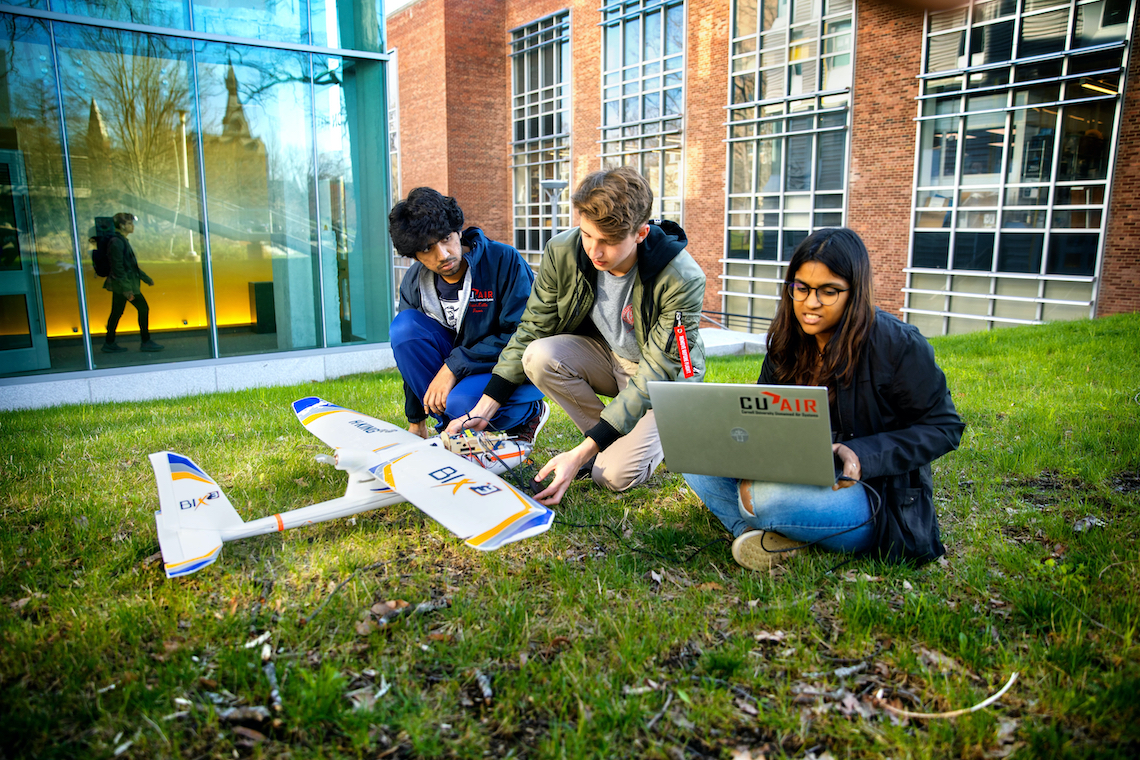
They engineer cancer-killing bacteria, fabricate a working canoe out of concrete, and design sustainable irrigation for Tanzanian farmers - all in a day's work for the student project teams. Project teams are comprised of undergraduate students from diverse academic backgrounds including all engineering disciplines, business, and the arts. Each team is divided into several sub-teams, so beyond sharpening technical skills, students can gain experience and expertise in business, design, marketing, fundraising, education, operations, and logistics.
Cornell Engineering currently supports 34 project teams – from autonomous vehicles to medical devices to planetary rovers. This is the largest program of its kind in the country with nearly 1,400 student participants from all 14 engineering majors and from across Cornell’s undergraduate colleges/schools.
Undergraduate Research
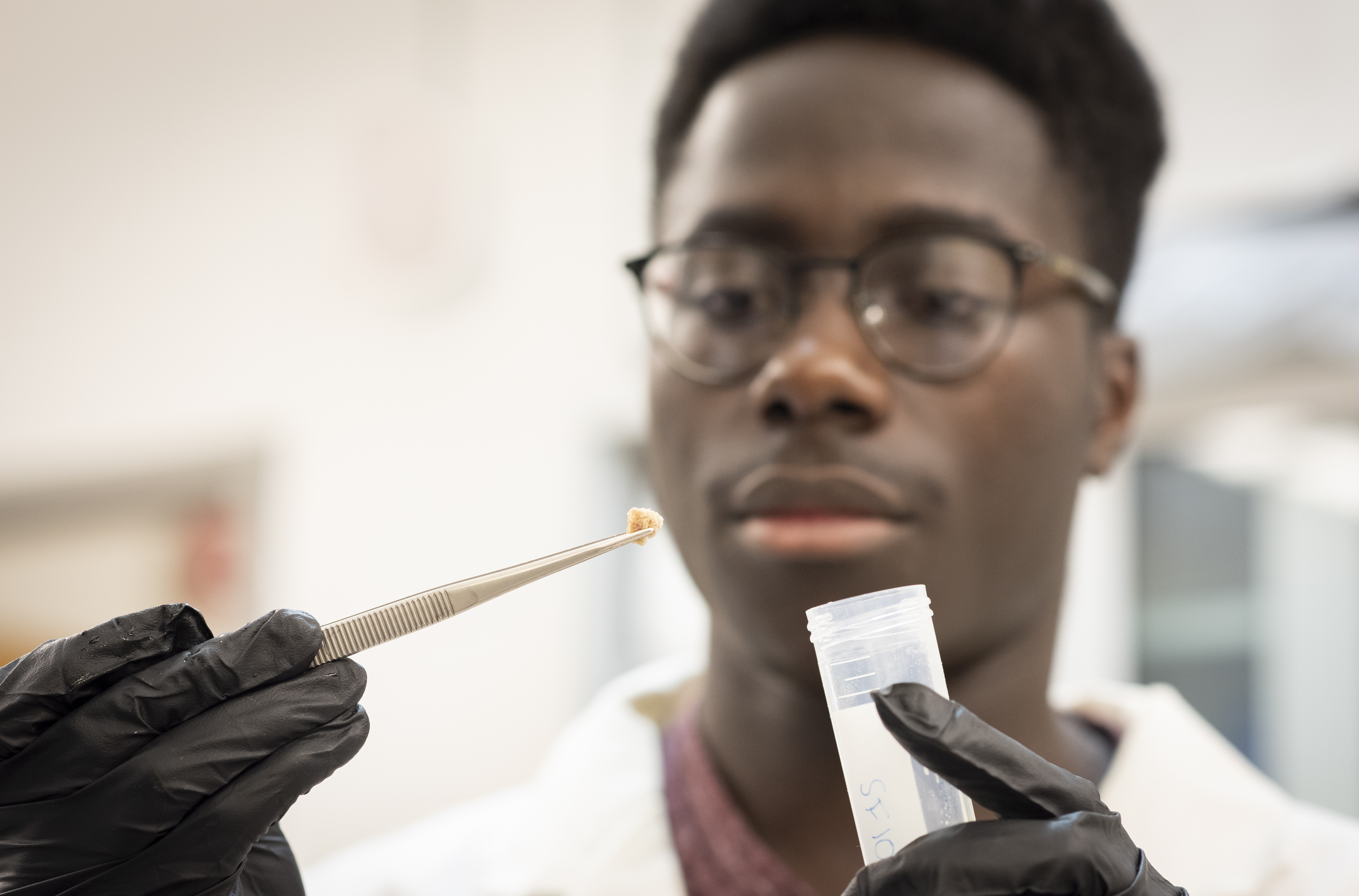
They are making surgery safer, enabling clean biofuels, and helping to search for powerful new superconducting materials – and they are undergraduate students just getting started in their science and engineering careers. About half of all undergraduate students at Cornell Engineering choose to join research labs, and for students in the Department of Materials Science and Engineering, it’s an opportunity to contribute directly to solving some of the world’s most pressing scientific challenges. While some students volunteer or earn credits for their lab work, others are paid through programs such as the Undergraduate Research Awards offered by the Office of Engineering Learning Initiatives.
Peer Education
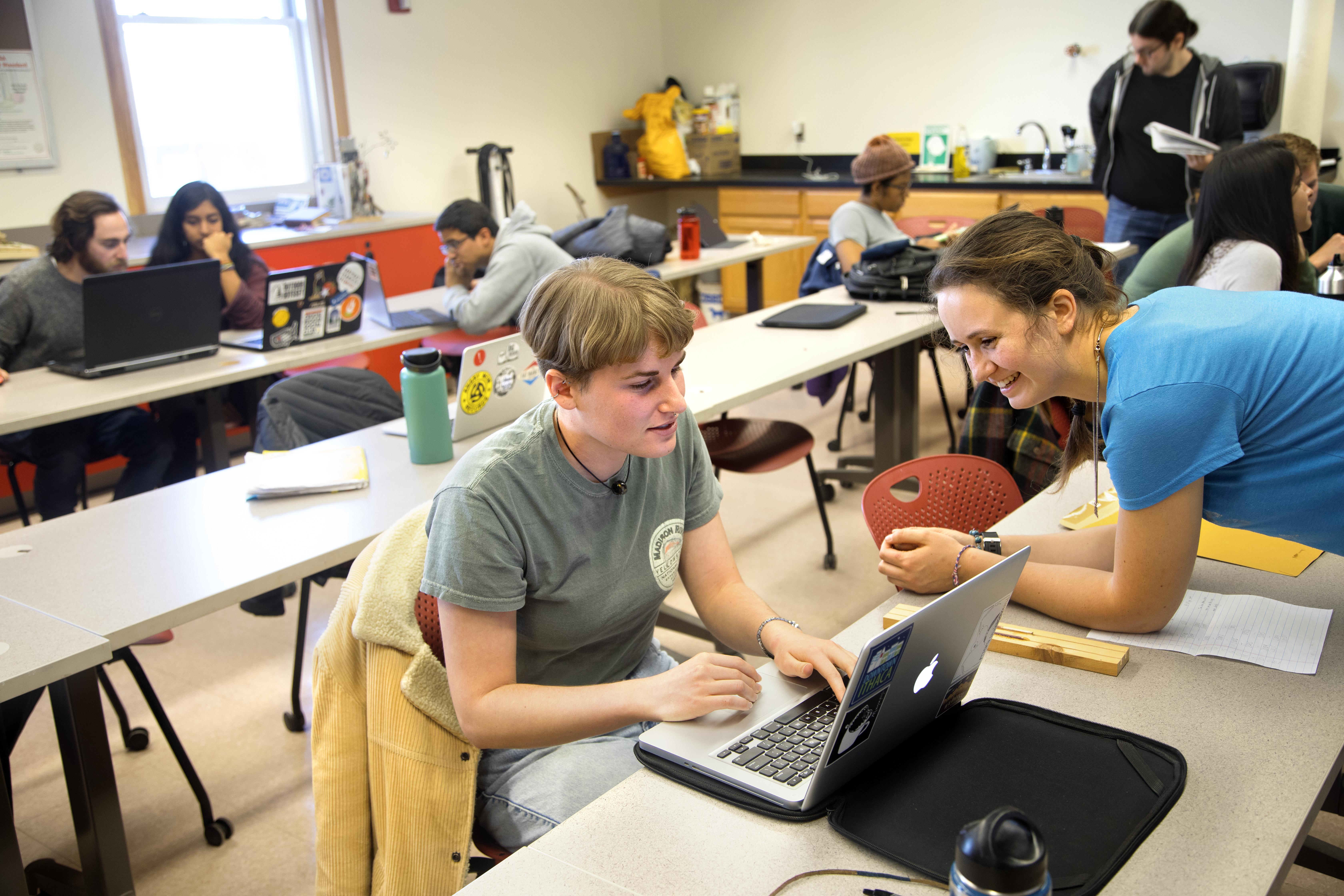
The role of teaching assistants is no longer limited to basic classroom and lab administration such as answering questions and grading assignments. Today’s TAs are responsible for the ambitious task of creating a positive sense of community where students feel comfortable and ready to learn. Cornell Engineering recognizes the importance of this and invests heavily in substantive training programs through its office of Engineering Learning Initiatives.
Students who work as TAs and Academic Excellence Workshop facilitators enjoy long-lasting benefits. Some see themselves pursuing academic careers, where an understanding of different learning modalities and experience teaching and collaborating with students will serve them well. Some also value the opportunity to teach or facilitate because it cements their own understanding of core content, especially as they move into advanced courses.
Student Organizations
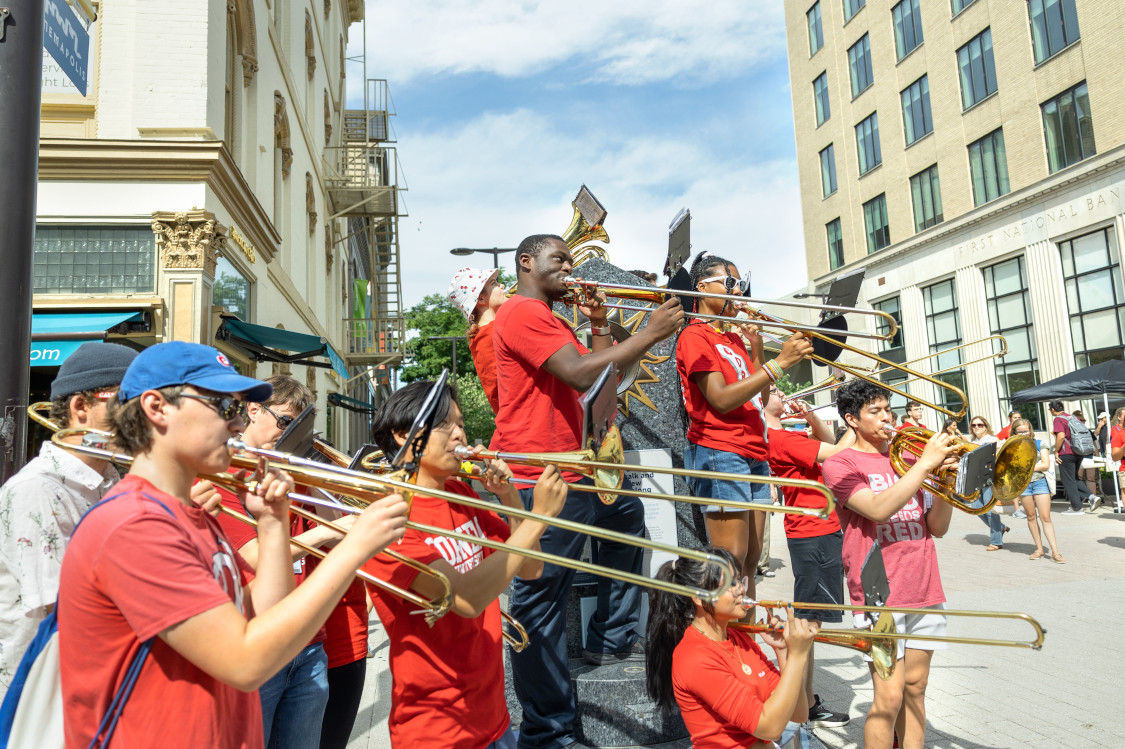
There are over 1,100 undergraduate student organizations recognized by Cornell. Whether your interests are music, sports, or travel – just as a few examples – there is a student club or organization for you. Learn more on the student organizations directory website.
Entrepreneurship at Cornell
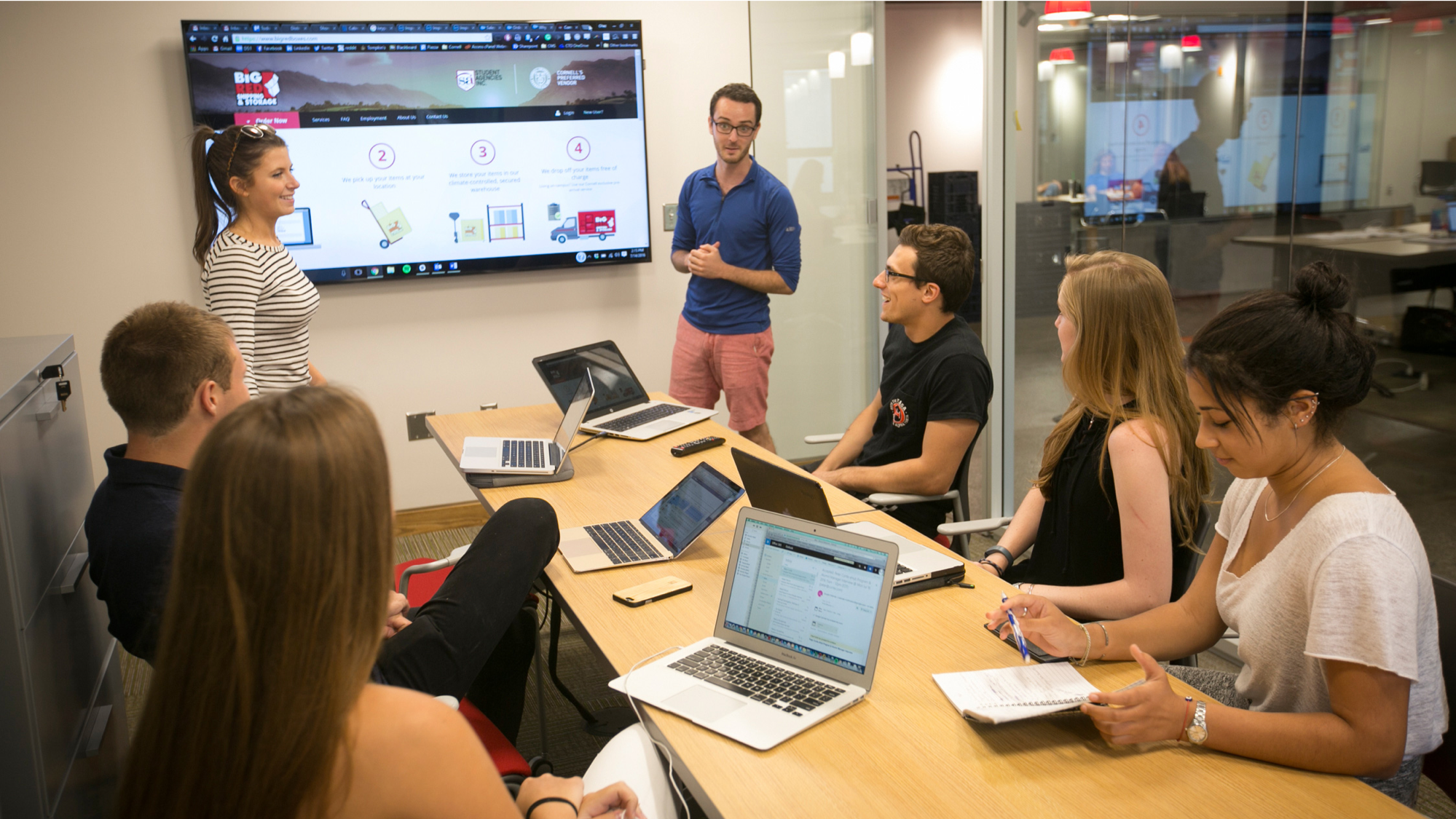
Through a wealth of programs and resources, Cornell Engineering provides faculty and students with world-class experiences in product development, prototyping, technology trends and market analysis. Entrepreneurship programs teach engineers in all disciplines the knowledge, tools and attitudes that are required to bring an idea from bench to market. This entrepreneurial spirit can be traced back to Ezra Cornell, an engineer who transformed a technology – the telegraph – into a business that would connect distant cities and change how the world communicated. Over 150 years later, his namesake university remains a place where "any person… any study" rings true for engineers who want to solve the grand challenges of our time by bringing their ideas to market.
Public Engagement
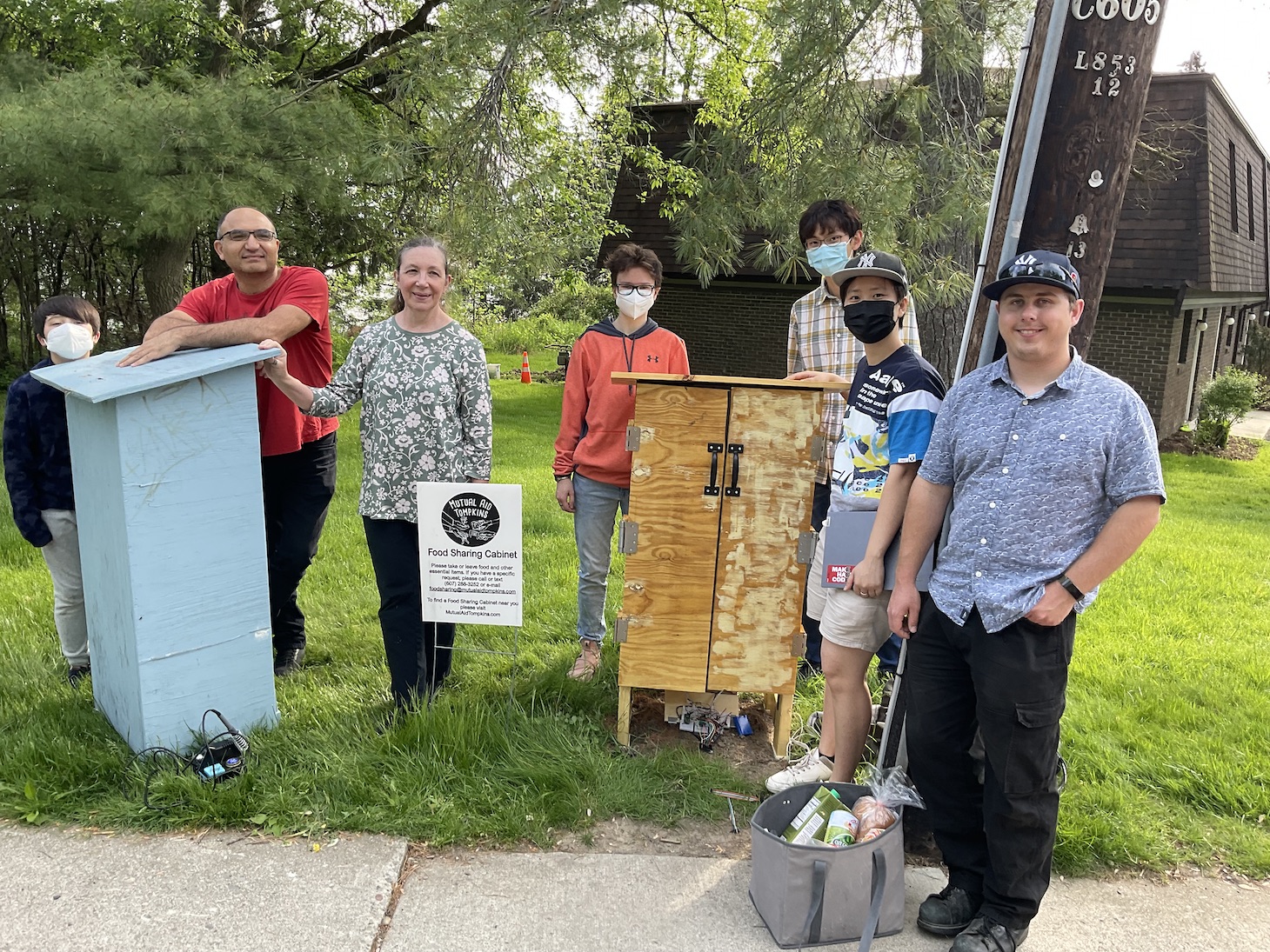
From their first day through graduation, materials science and engineering students have opportunities to engage with communities and make a difference in the world. Whether they are inspiring local high-school students, working with a regional food bank, or partnering with city officials to improve a community resource, students are forging community partnerships, solving local and global challenges and creating knowledge to benefit humanity. Visit the Engaged Cornell Hub to learn about opportunities for public engagement.
Jobs and Internships
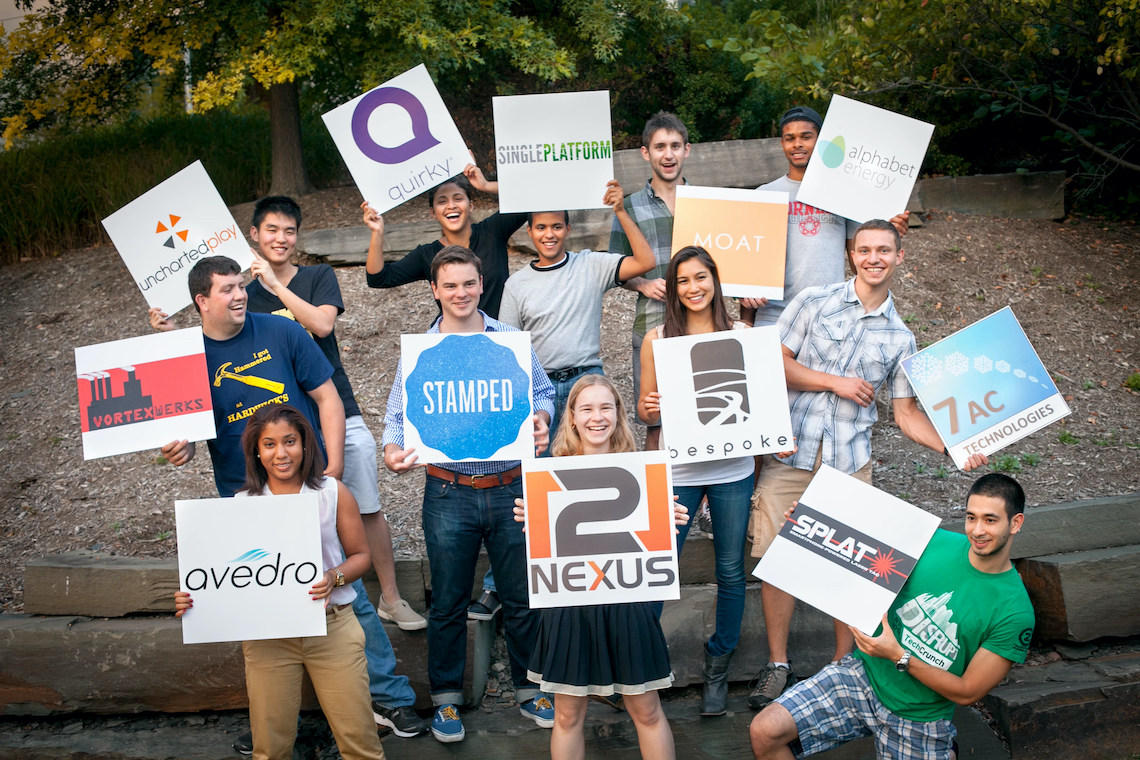
A successful job search involves using a variety of resources and strategies. Materials science and engineering students secure positions by participating in on-campus recruiting activities, applying for opportunities in Handshake and on company websites, and networking with employers, alumni, and people in their field of interest. Before applying for opportunities, use the Career Development Toolkit to determine what you need and want in a position, identify what sets you apart from other candidates, and understand why you would be a great fit for an organization.
Study Abroad
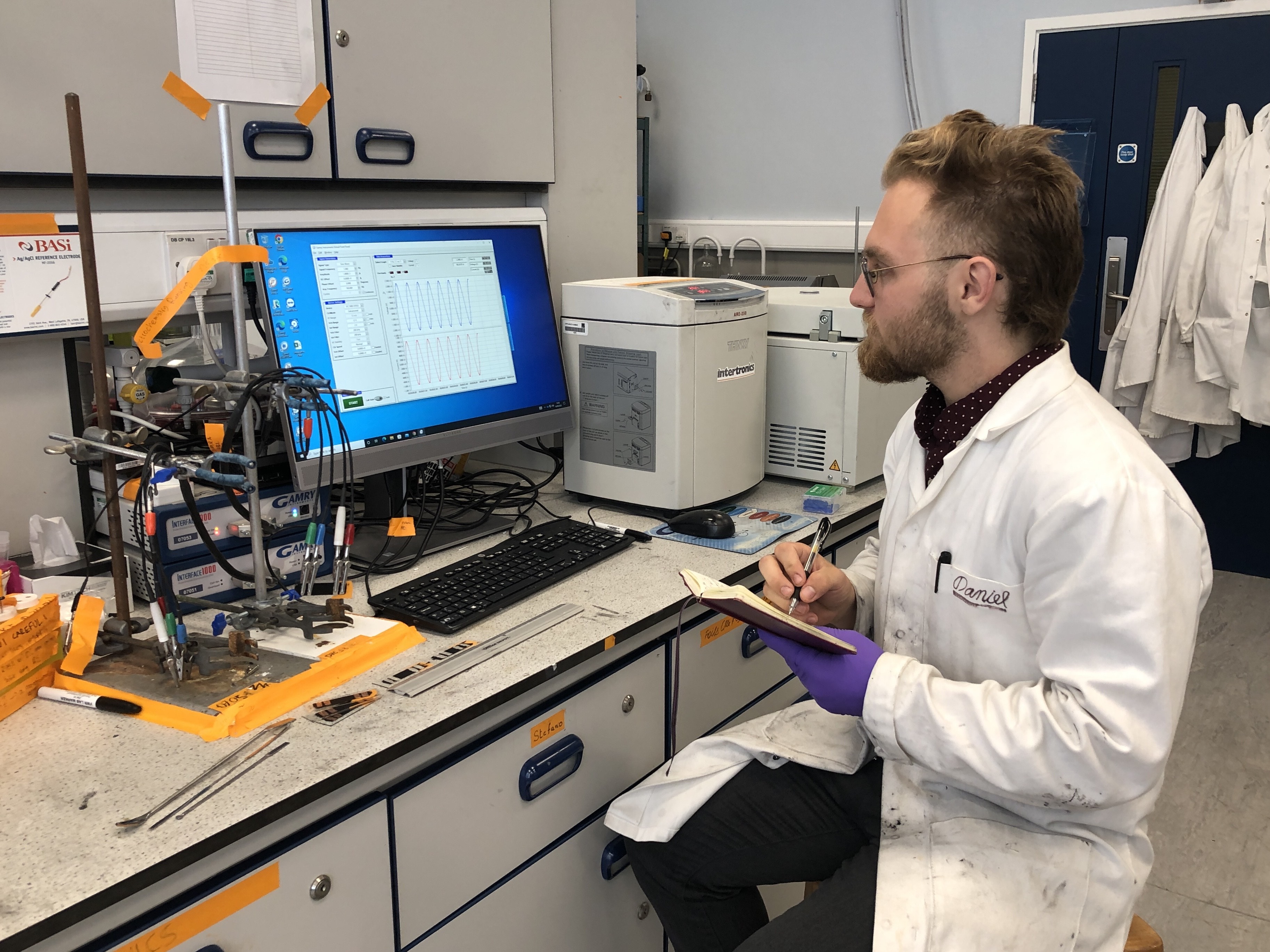
Whether you eventually work with professionals or clients from other countries, accept an overseas assignment with a multi-national company, or teach at a university outside of the United States, your professional opportunities are increasingly global. There are a variety of options available for materials science and engineering students interested in studying abroad. For the latest, visit the Cornell Engineering study abroad website. In addition, the Office of Global Learning manages hundreds of programs for Cornell students and can assist you in finding an experience that meets your needs and interests.
Leadership Programs
.jpg)
The Cornell Engineering Leadership Program works to develop the teamwork and leadership capabilities of every student, regardless of age or past experience. Their offerings include short-term experiential learning seminars, professional leadership coaching, and development exercises embedded in technical courses. The programs are grounded in science and are designed to develop more capable, confident, and collaborative engineering students.

